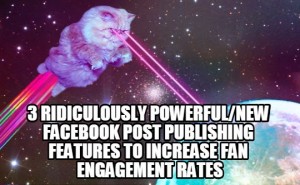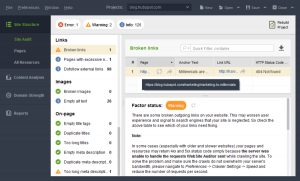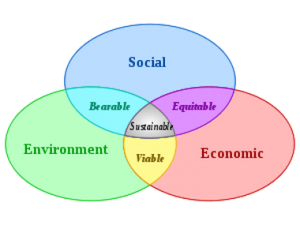Decision-making will never be the same in the age of big data, algorithms and artificial intelligence. We’re fortunate to have such massive amounts of information at our disposal. But there’s a big difference between data and intelligence, between information and insight.
While our reliance on digital sources grows, a recent Harvard Business Review article makes the case that surveys remain one of the best ways of measuring employee engagement and intent. The lesson is that, in addition to querying our databases, we must continue to query our employees (and constituents, customers, investors, etc.). Surveys remain relevant in the digital age.
More broadly, when there’s an issue or opportunity, people don’t ask enough questions. Yes, use your analytics. Use your judgment. But asking creates engagement. Asking offers a degree of acknowledgment and validation.
Some may see surveys as annoying – even invasive – or vehicles only to justify what the survey sponsors want to know. Those are all indications of poor survey design or bad intent. Surveys are often too long, have little incentive to complete, or contain obvious language bias.Designing a survey and reaching the appropriate audiences are not trivial. You know, it’s the old “garbage in, garbage out” routine.
So, there’s actually a lot on the line when it comes to asking good questions. The novelist Thomas Berger said, “The art and science of asking questions is the source of all knowledge.” And the way one asks questions (see Nobel Prize winner Richard Thaler’s work on choice architecture) can help “nudge” behaviors in the direction of positive change.
There may be other reasons why surveys are less appealing these days. There’s less ownership and more anonymity in observing online behaviors and sifting through the numbers. And sometimes we don’t ask because we don’t want to know. I have teed-up surveys only to have them pulled, more than once in my career.
We need the courage to ask, to have the inquisitiveness to learn more, and to take the initiative to interact with our key audiences. In the business arena, for example, there are many questions to ask but even some basic ones – too often unused – can save untold time and money:
Do we have an understanding of the problem?
What needs to be accomplished and by when?
Who are the people, organizations, etc. who have influence over our success or failure and what are their issues/concerns?
Where are the gaps in our understanding and how can we use those to do/make something new?
Is there something that needs to be stopped, promoted or changed?
What resources are needed and how do we access them?
Asking goes beyond information gathering and good business practice; it can create and deepen relationships. Anxiety about receiving unflattering news or believing the investment is not worth the return must be weighed against the power new knowledge would bring and who comes along with it.
Business & Finance Articles on Business 2 Community(29)









